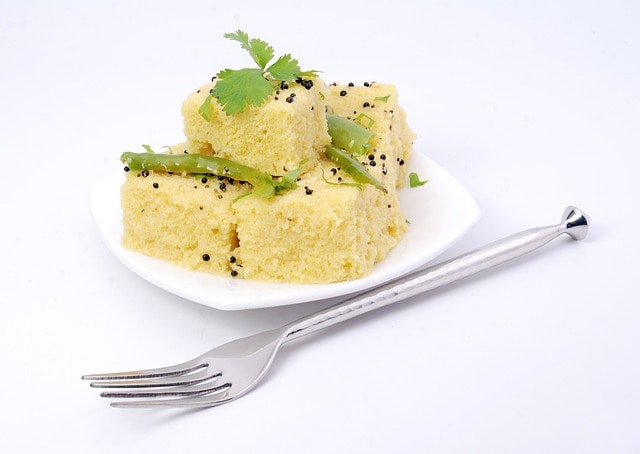In recent years, the significance of gut health has surged in the realm of nutrition and well-being. Often referred to as the “second brain,” our gut houses trillions of microorganisms collectively termed the gut microbiome. This intricate ecosystem not only governs digestive health but also influences immune function, mental well-being, and overall health. This article delves into the importance of gut health and how dietary choices profoundly impact the balance and diversity of our gut microbiome, with a particular focus on probiotics, prebiotics, and fermented foods.

Understanding Gut Health
The gut microbiome is a complex amalgamation of various bacteria, fungi, viruses, and other microorganisms residing in the gastrointestinal tract. These microbes form a symbiotic community that interacts with the foods we consume, producing vital metabolites and nutrients. A well-balanced gut microbiome boasts diversity, with a plethora of beneficial bacteria contributing to optimal digestive function and overall well-being.
The Role of Diet
Diet serves as a pivotal factor in shaping the composition and functionality of the gut microbiome. Certain dietary elements, such as excessive consumption of processed foods, sugar, and saturated fats, have the potential to disrupt the equilibrium of gut bacteria, leading to inflammation and gastrointestinal issues. Conversely, a diet abundant in fiber, whole grains, fruits, vegetables, and fermented foods provides the essential nutrients necessary to foster a flourishing gut microbiome.

Probiotics
Probiotics refer to live microorganisms that confer health benefits when ingested in adequate quantities. These beneficial bacteria are commonly found in fermented foods like yogurt, kefir, kimchi, and sauerkraut. They play a vital role in maintaining a harmonious balance of gut flora, enhancing digestion, and bolstering immune function. By incorporating probiotic-rich foods into one’s diet, individuals can promote gut health and mitigate the risk of digestive disorders.
Prebiotics
Prebiotics encompass non-digestible fibers that act as nourishment for beneficial bacteria in the gut. They stimulate the growth and activity of probiotics, thereby fostering a healthy gut microbiome. Foods abundant in prebiotics include garlic, onions, leeks, chicory root, asparagus, bananas, and whole grains. Integrating prebiotic-rich foods into one’s diet facilitates the nourishment of the gut microbiome and supports digestive health.
Fermented Foods
Fermented foods undergo lacto-fermentation, a process wherein beneficial bacteria convert sugars and carbohydrates into lactic acid, thereby preserving the food and enhancing its nutritional profile. Examples of fermented foods include yogurt, kefir, kombucha, miso, tempeh, and pickles. These foods not only supply probiotics but also offer a plethora of other nutrients and antioxidants that promote gut health and overall well-being.

Conclusion
Maintaining a healthy gut microbiome is integral to digestive health, immune function, and overall wellness. By making conscientious dietary choices and integrating probiotics, prebiotics, and fermented foods into one’s meals, individuals can nurture their gut from within and support optimal gut health. Remember, a balanced diet rich in fiber, nutrients, and beneficial microbes serves as the cornerstone to a thriving gut microbiome and a healthier lifestyle.













